Faculty Updates Spring 2022
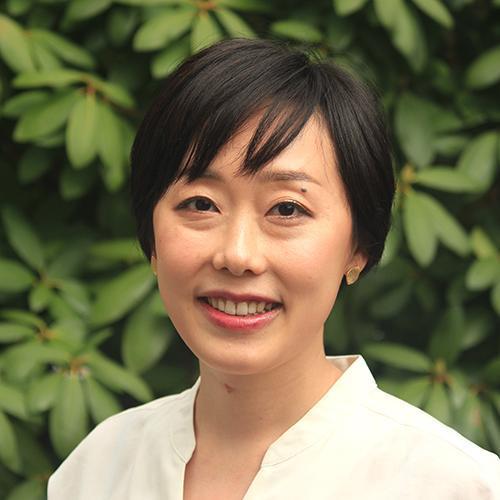
Haruka Umetsu Cho
Although technically not a recent achievement (it was published in 2021, winter), the recent discussion of Haruka’s publication was extremely interesting: “Erotic Desire as a Woman’s Way of Knowing the Divine: Reading Arishima Taeko, A Certain Woman,” in the journal, Body and Religion.
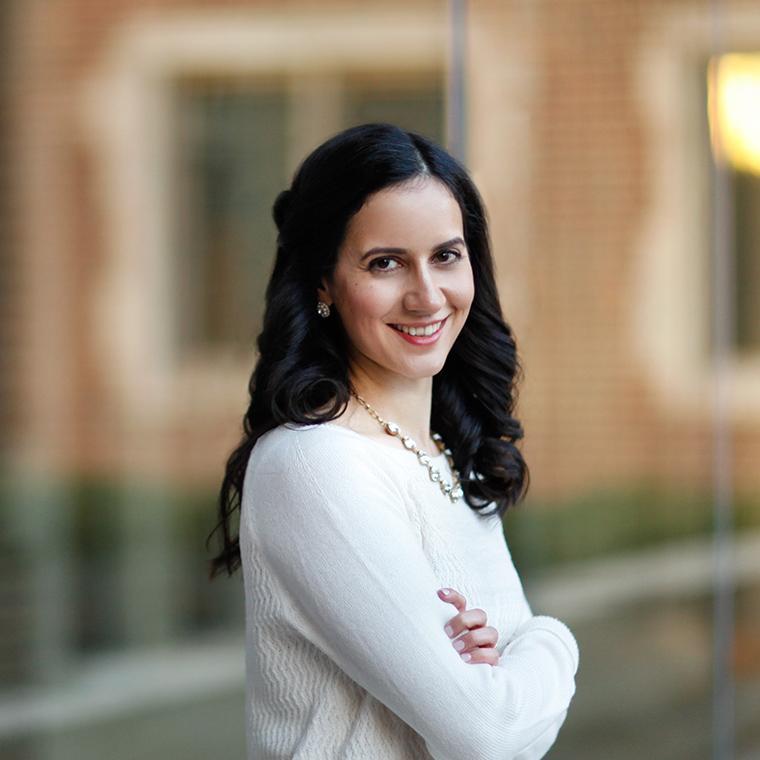
Cathleen Chopra-McGowan
On February 27, 2022, Cathleen presented a paper at the Society of Biblical Literature's Pacific Coast Regional Conference in Brea, California. Her paper, titled "Horsemen Among the Myrtles: Imperial Ideology in Zechariah 1: 7–17," demonstrated that the author of the prophetic work drew on Babylonian and Persian imperial imagery to construct an answer for Yahweh's seemingly ongoing negligence towards Jerusalem. Cathleen was delighted to meet so many Hebrew Bible scholars on the west coast--a long-delayed event due to the pandemic!

David DeCosse
In late December, The National Catholic Reporter published a piece David wrote during his time with the LA Catholic Worker House. It's a reflection on the annual LA County burial service for the unclaimed dead and its implications for the contested meaning of human dignity within the Catholic world.
In March 2022, Orbis released a book David co-edited with Kevin Baxter (former superintendent of the Los Angeles Archdiocesan School System), Conscience and Catholic Education: Theology, Teaching, and Administration. The book features essays by, among others, Pearl Barros of Religious Studies and Julie Rubio and Lisa Fullam of the Jesuit School of Theology.
In April 2022, David’s review of Healing Haunted Histories: A Settler Discipleship of Decolonization by Ched Myers and Elaine Enns, was published in National Catholic Reporter.
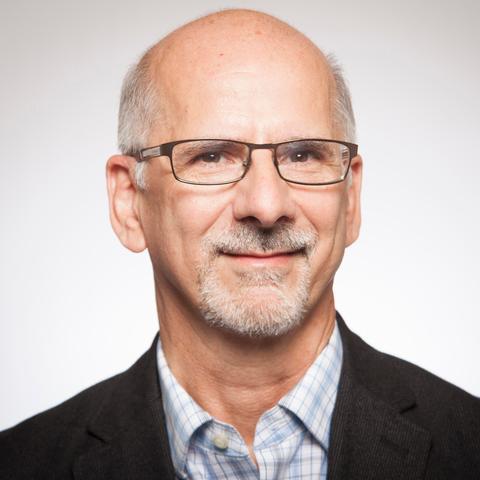
Bill Dohar
At the 2021-22 Annual Religious Studies Reception, Prof. Bill Dohar served as the keynote speaker and gave a talk titled “In Praise of Ignorance.”

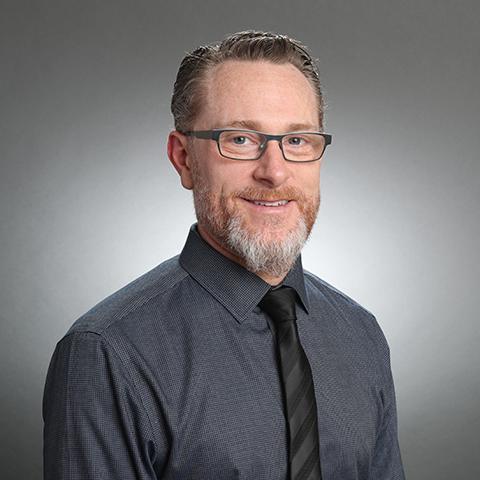
Elizabeth Drescher & Jaime Wright
In January 2022, Elizabeth Drescher and Jaime Wright were awarded a $30,000 Louisville Institute Project Grant for Researchers for their project “Finding God in Googleville: Mapping Christian Presence and Spatial Justice in Silicon Valley.” They write that “Mapping Christian congregations and community organizations in urban neighborhoods whose residents are challenged by the negative impacts of corporate development can support community organizing and advocacy for policy changes that can contribute in practical ways to creating what scholars often refer to as ‘spatial justice,’ but which Christians have known since ancient times as ‘God’s Kingdom’ on earth.” Jaime and Elizabeth will, with the assistance of a graduate research fellow from the Jesuit School of Theology and an undergraduate research fellow, be conducting fieldwork over the summer of 2022 and will continue research with SCU students in their courses Urban Religion in America (RSOC 21, Drescher), Sociology of Religion (RSOC 99, Wright), and Mapping Living Religion (RSOC 175). More details of the project are available on the Louisville Institute website.
Elizabeth Drescher was a guest on the January 12, 2022 episode of KQED Forum, where she had the opportunity to talk with Mina Kim (KQED) and Eboo Patel (Interfaith America) about a December 2021 Pew survey, which shows an increase in the percentage of U.S. adults (29%) who now identify as nonreligious. (The show opens with an interview with Gregory Smith, who is the author of the PEW study. Elizabeth is introduced at 19:40 into the 53 minute show.)
A chapter on “The Changing Role of Christianity in American Life” by Elizabeth is included in The Rowman & Littlefield Handbook of Contemporary Christianity in the United States (The Rowman & Littlefield Handbook Series), edited by Mark A. Lamport, which was released in January 2022.
In February 2022, Elizabeth Drescher gave a talk to faculty in religious studies and pastoral ministry at Junipero Serra High School in San Mateo on engaging nonreligious students. Faculty discussed their experiences with nonreligious and religious questioning students in light of their reading of her book Choosing Our Religion: The Spiritual Lives of America’s Nones (Oxford, 2016).
The Living Religion Collaborative continued to support SCU undergraduate student engagement with local religious practitioners and communities through a number of field-based courses. Graduating LRC Communications Fellow Kate Soifer (SCU ‘22) supported LRC efforts by working with Elizabeth Drescher on an update to the LRC website to include more information on living religion as a field of study, types of living religion sites, and examples of student research on living religion in Silicon Valley. The site also includes an update of LRC Encounter geomap completed by LRC Technology Fellow Aiden Latimer (SCU ’24) in collaboration with Jaime Wright to add demographic and historical data layers that enrich students’ understanding of the religious landscape of Silicon Valley and contextualize the religious sites students add to the Encounter map. Aiden has also been developing storymaps on the religious history of Silicon Valley, drawing on research by Elizabeth Drescher and Jaime Wright with the support of Kate Soifer. Kate has been compiling micro-histories of different religious groups in Silicon Valley (Catholics, Protestants, Jews, Hindus, Sikhs, etc.). Aiden’s and Kate’s work will be added to the LRC website over the summer for use in course in the 2022-2023 academic year. The website will also be promoted to the wider Silicon Valley community in the new academic year as a resource for understanding the religious diversity and impact of religious practitioners and communities in the region.

Teresia Hinga
Teresia shared that a very positive and thorough review of her book, African, Christian, Feminist: The Enduring Search for What Matters (Orbis Books, 2017) was published in Theoria last June. The piece was circulated among subscribers to the Pan-African Catholic Theology and Pastoral Network in December 2021.
Teresia let us know about her essay in the Forum section of the Catholic Theological Ethics in the World Church website, “The Rhythms of Black Folk and The Enduring Quest for Somebodiness: A Reflection in Light of Black History Month 2022.” In the essay’s introduction she explains, “[m]y reflections take me down memory lane in search of historical contexts in which this thirst for justice has been expressed, notably in the form of music and dance. I will give examples from the African Continent, the Americas, e.g. North America, as well as the “Black Atlantic,” including the Caribbean, e.g. Jamaica.”
Early in spring quarter Teresia received word that she was included in a list of 50 remarkable women that the British weekly journal The Tablet put together to mark International Women’s Day on Tuesday, March 8. Other women on the list included educator and activist Ephigenia Gachiri (Kenya) and Prof. Nontando Hadebe (South Africa).
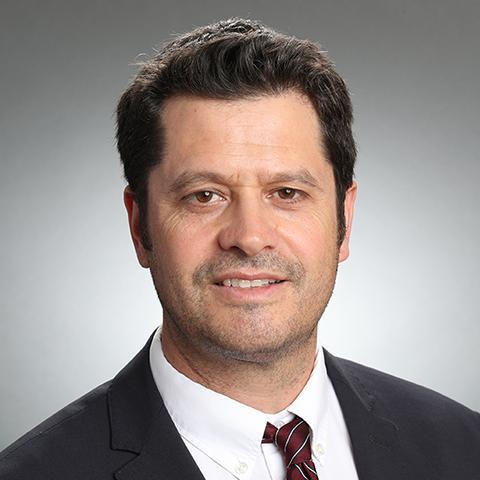
Akiba Lerner
This past spring Akiba Lerner gave a talk entitled “Antisemitism: Old and New Hatreds.” In his talk, Akiba focused on how antisemitic narratives have increasingly become more mainstream—as evidenced by the rise of conspiracy cultures revolving around Qanon and replacement theory—and are increasingly used as political tools for recruitment amongst hate groups. He started the talk by providing an historical outline of the evolution of anti-Jewish narratives, primarily rooted in religious animus, into modern forms of racial antisemitism that have become the core of many conspiracy theories on both the politically extreme Left and Right.
This spring, Akiba has also been working on a chapter on Jewish redemptive hope narratives to be published in Oxford’s forthcoming “Interdisciplinary Handbook of Hope.”
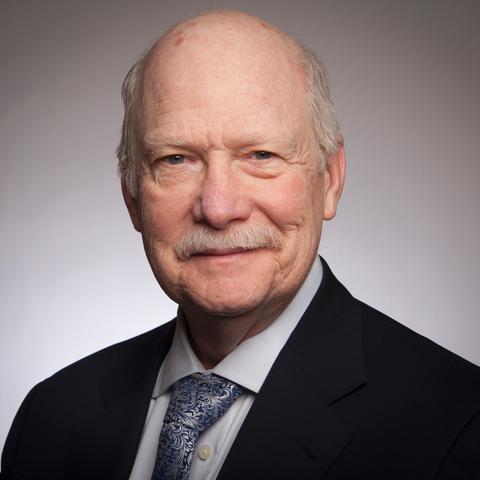
Gary Macy
At the end of winter quarter, we received word from the President’s Office that the department’s recommendation that Gary be awarded Emeritus status was approved. Gary asked to share this message with the faculty, which we thought might interest the wider RS community:
I am honored and touched by your bestowal of emeritus status upon me. To be honest, I was searching the faculty handbook for the process of how to apply for emeritus status and hoping that I might be considered first eligible and then worthy. When your letter arrived granting such status I was thrilled and surprised. I feel privileged to continue to remain part of the Santa Clara community and especially a member of the Religious Studies Department. I have a new book coming out this year and you can be sure it will appear under my new status.
It has been, and will continue to be, an honor and joy to continue to work with you, even though at distance.
In humble gratitude,
Gary Macy
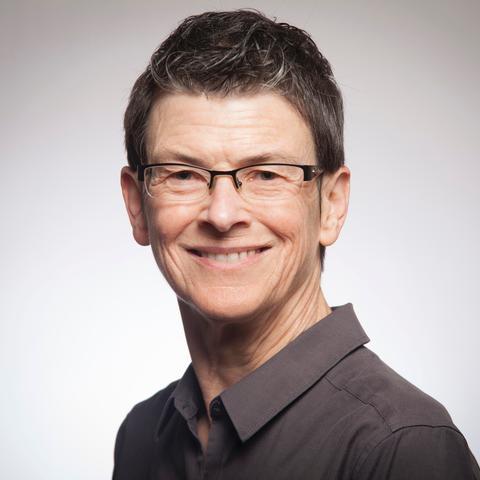
Margaret McLean
Earlier this year, Margaret was appointed to the Editorial Board of a new international journal, the Journal of Geoethics and Social Geosciences.
In addition, 2 papers have been published this year:
"Combining Ethics Inquiry and Clinical Experience in a Premedical Health Care Ethics Internship," with Melissa Bottrell, published in the January 2022 issue of Academic Medicine (Acad Med 2022:97:78-83).
"Preparing Ahead Wisely And Ethically to Stave Off Crisis Standards of Care" published in the Spring 2022 issue of Health Progress (Health Progress 2022: 103 (2): 12-16).
The first is the outcome of Margaret’s Spring 2019 sabbatical (publication delayed a year due to COVID). The second is the product of Margaret’s Fall 2021 sabbatical.
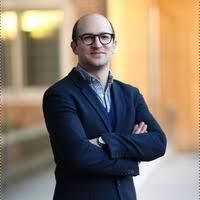
Daniel Morgan
On February 25, Daniel presented a paper at the “Religion and its Publics in South Asia” virtual conference hosted by Emory University. The paper was entitled "Letter Writing as the Mingling of Souls: Remote Knowledge Exchange amongst Eighteenth Century Naqshbandis.” The paper presented evidence for the widespread and routine remote transmission of books between scholars in pre-colonial South Asia. It thus challenges the dominant paradigm in Islamic studies which sees oral transmission of knowledge as central to pre-colonial Muslim educational practices. The Canopy Forum at Emory uploaded both the text and a video of the talk he presented in winter quarter (from his office in Kenna!): “'The Yemeni Breeze Longs for the Perfume of Arabia': Remote Knowledge Exchanges in Eighteenth-Century South Asia.”
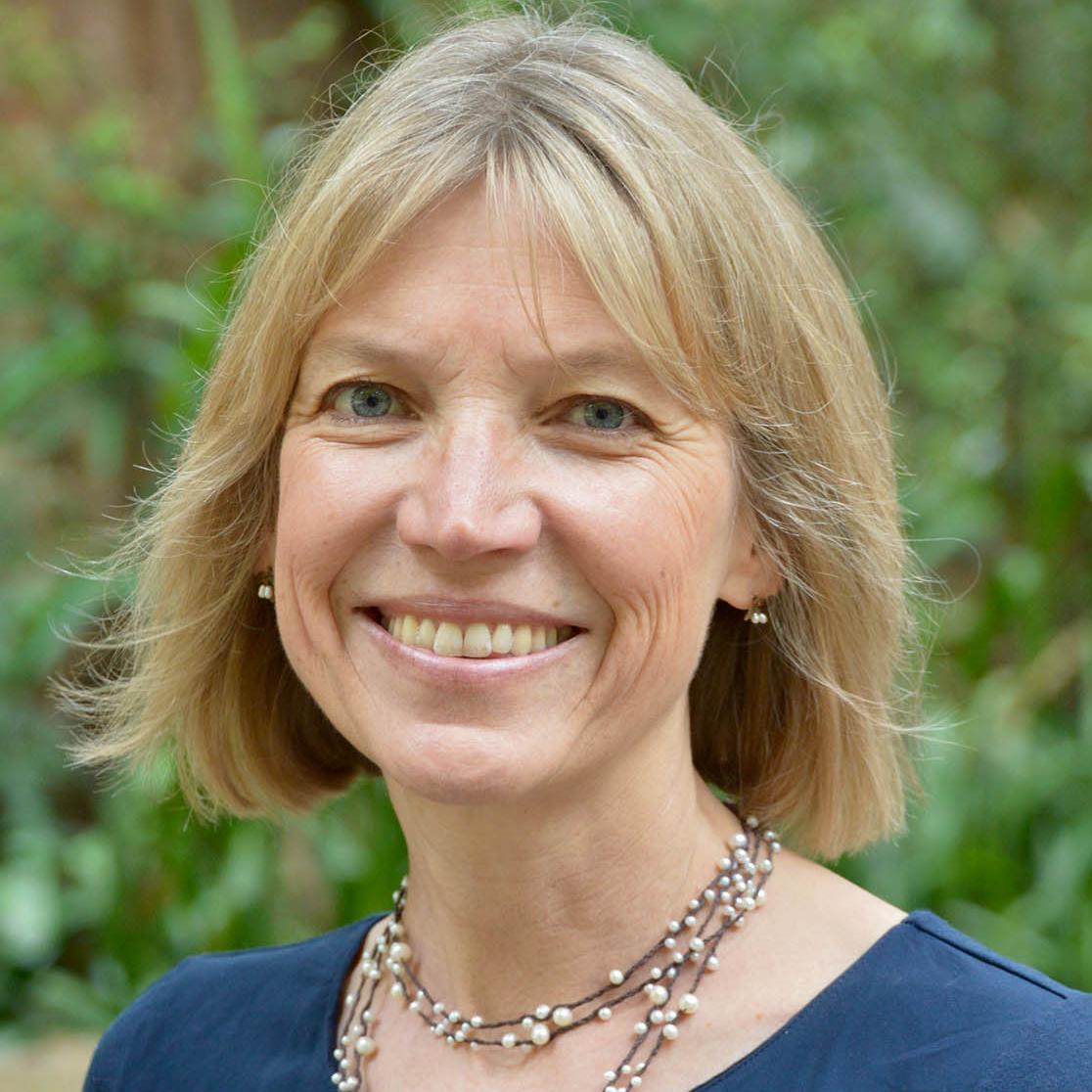

Karen Peterson-Iyer and Jan Giddings
Jan and Karen hosted a STOP-HT (Santa Clara University Teaching, Outreach, and Programs against Human Trafficking) virtual event on March 1: “Survival to Empowerment: Lived Experiences of Human Trafficking.” A showing of the short documentary entitled “Strong Survival” was followed by a conversation with Shynie Lu, the film director, and Maya Babow, whose experiences being trafficked in the SF Bay Area are chronicled in the film. The event drew a crowd of 55 students, faculty, and other SCU community members.
In related news: On Friday, April 1, Karen’s book was officially launched by Georgetown University Press. Reenvisioning Sexual Ethics: A Feminist Christian Account is now available in all the usual places! As noted in our Events, we sponsored a talk by Karen to help mark this achievement.

Elyse Raby
Elyse has been in conversation with other RS faculty members and with Alison Benders regarding the current Synod on Synodality, the Diocese of San Jose's plan for the synod at the local level, and ways in which SCU can contribute to the synod. She and David DeCosse met with JC Santos of Campus Ministry and Thomas Kelly, a sophomore and the student representative on the diocese's synod board. JC and others in Mission & Ministry organized several listening sessions in Winter and Spring to enable the university community (students, faculty, staff, local alum, and the 10 am Mass community) to contribute to the diocesan synodal process.
The May/June issue of Ecumenical Trends includes an article by Elyse (a revised version of her 2021 AAR paper),"The Diaconate: How Doers Get More Done." An excerpt from the article captures her argument:
In this article, I contrast Francis’ iconic approach to ministry done by women (i.e. women as icons of Mary) in Querida Amazonia with the broader theology of ministry in that document. Then, I situate this tension within the ebb and flow of functional versus iconic or ontological theologies of ministry over the past seventy-five years or so. This history shows that the renewal of ministry is typically led by, and framed in terms of, ministerial functions; emphases on ministerial identity typically resurge as a backlash against admitting women to ordained ministry. I suggest, finally, that efforts to admit women to the diaconate in the Catholic Church might do well to embrace, rather than devalue, functionalist accounts of ministry.
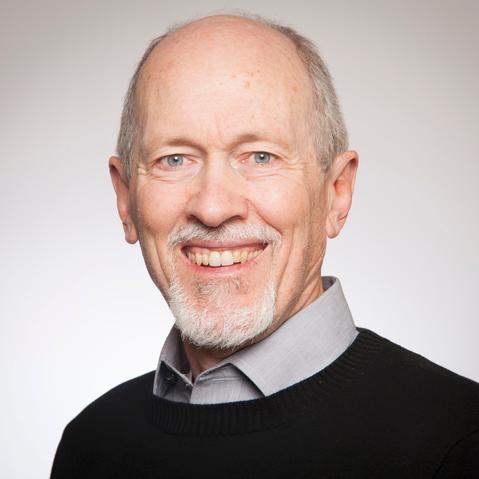
Philip Boo Riley
Boo reports the publication of “Harms of encampment abatements on the health of unhoused people,” by Jamie Suki Chang, Philip Boo Riley, Robert J. Aguirre, Katherine Lin, Marius Corwin, Nicole Nelson, Madison Rodriguez in SSM - Qualitative Research in Health. The article came from his collaboration pre-Covid with Jamie Chang, Public Health, to study local homeless encampments. Co-authors included the two of them, SCU Public Health students, and a homeless advocate who helped arrange interviews with individuals experiencing homelessness in San Jose. It argues that encampment sweeps adversely affect the health of people living on the streets, and may be a contributing factor in the dramatic rise in deaths of unhoused people in Santa Clara County in recent years. That article was discussed in a recent piece written by Leslie Griffy for the May 17, 2022 Santa Clara Magazine,“Swept Away,” on Prof. Chang’s research. “Swept Away” also discussed one of Boo’s Architects of Solidarity site visits from last fall, to the Grace Solutions homeless shelter in downtown San Jose. Boo is working with Prof. Chang and other colleagues across the University, including Sarita Tamayo-Moraga, to build an “unhoused initiative” for SCU.
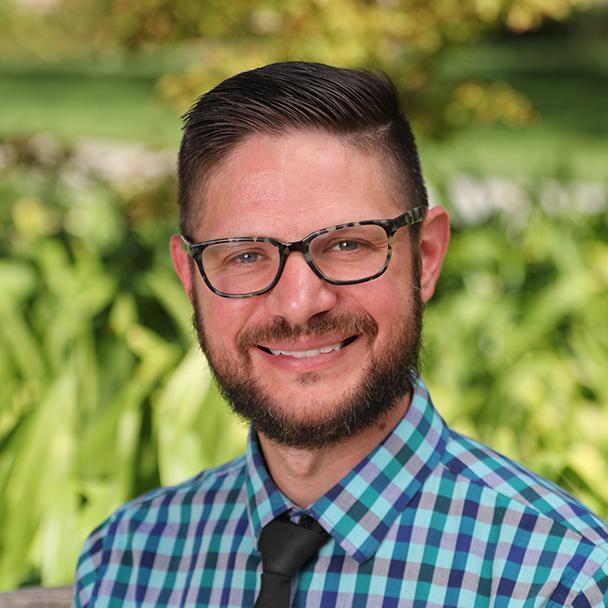
Eugene Schlesinger
Eugene shared the good news that his third book, Mysterium Crucis: The Soteriological Axis of Henri de Lubac's Theology, has been accepted for publication by the University of Notre Dame Press. “The book demonstrates that de Lubac's major works evince a soteriological preoccupation, with that the trope of incorporation into the Trinity through the cross and resurrection of the incarnate Christ providing the pivotal content organizing principle for his works' ‘organic unity.’ In addition to its primary thesis, it brings significant portions of francophone de Lubac scholarship — focused upon the place of mysticism in de Lubac's thought — into the English speaking conversation (which tends to overlook the centrality of mysticism), while also historically situating de Lubac between the two Vatican Councils.” Gene also included what he describes as his “favorite line” from one of the manuscript reviewers: "It also makes an implicit meta-argument about the way Catholic theology should be done and how the various theological loci should be interlinked and prioritized. In a sense it is a covert essay in fundamental theology: it presents a de Lubacian case for a certain way of conceiving, structuring, and doing Catholic theology."
Earlier in the year Eugene was interviewed for the podcast Doth Protest Too Much, which is about Protestant historical theology. They invited him to talk about his 2015 article from The Journal of Theological Studies on Schleiermacher's ecclesiology. Eugene said, “This was probably my first time thinking about Schleiermacher in about seven years, so it was a bit of a trip! I also talked about the continuity between Schleiermacher and my current work on de Lubac and Lonergan.”
Eugene reports that his fourth book, tentatively titled Ruptured Bodies: A Theology of the Church Divided, is now under contract with Fortress Press. He provided an abstract for this ambitious project that warrants reproduction here in full:
The divided Christian church is withering on the vine. Crises of its own making — ranging from clergy sexual abuse and its cover up to its complicity in colonialism, empire, and patriarchy — coupled with societal shifts beyond its control, have eroded its credibility, leading to a hemorrhage of membership. A well-deserved decline is well underway. And yet, for the most part, the churches remain content to continue with business as usual, as if they exist in integrity, rather than sickness unto death.
The causes of this state of crisis are manifold and complex, and no one solution could resolve them all. But so long as the church remains in a state of division, no solution will be forthcoming. Division is no mere regrettable shortcoming or inconvenience; it is a contradiction of the church’s foundation. After all, Jesus prayed that his followers would be one so that the world could believe he was sent by God. Faced with a crisis of credibility, no way forward can be found, because a divided church renders the gospel message incredible.
Any program for the churches’ reunion must be grounded in an adequate understanding of what the church is, else it will devolve into half measures that fail to address the full import of the problem. Such an understanding must integrate the reality of division, while also refusing to blunt its sharp edge; neither dismissing, excusing, or minimizing it. What must be the church, given the fact of its division? Such a systematic ecclesiology of the divided church would seem to be impossible, because a divided church would seem to be a contradiction in terms, defying systematic articulation. But such an ecclesiology is also precisely what we need. And so this book ventures into this seemingly impossible task.
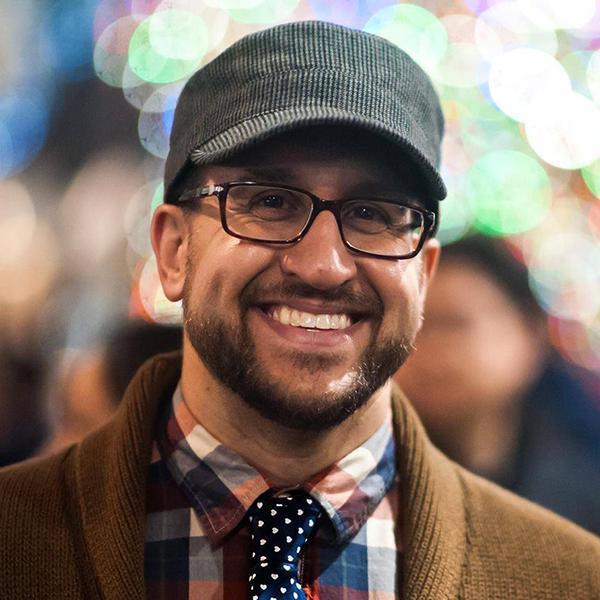
Paul Schutz
The Graves Awards Committee at Pomona College let President Lisa Kloppenberg know that SCU’s 2021-22 nomination for the award was successful: our very own Paul Schutz. This is a competitive grant to support faculty in the humanities. Every two years SCU is invited to nominate one faculty member—so this is a nice honor! Paul will use the Graves Award to support research for his first monograph, Reimagining Creation: A Theology of Creaturely Flourishing (Orbis Books, 2023). Alongside his teaching in the area of religion, ecology, and science, Reimagining Creation links science with studies of social well-being, sustainability, and ethics in service of a theological vision of intersectional justice oriented toward the flourishing of all creation in communion with their Creator. Like his courses, Paul's book will ponder the evolutionary and ecological connections humans share with other creatures and aims to cultivate a ‘cosmic common good’ on a planet threatened by ecological and social degradation.
On May 14, SCU hosted “Beyond ‘Bad Apples’: Understanding Clergy Sexual Abuse as a Structural Problem & Cultivating Strategies for Change,” a workshop Paul co-led with Julie Hanlon Rubio (JST). The workshop presented new research on factors contributing to clergy sexual abuse and assessed their implications for Catholic institutions.
The big news for Paul was that he was awarded tenure and promoted to associate professor, effective September 2022!
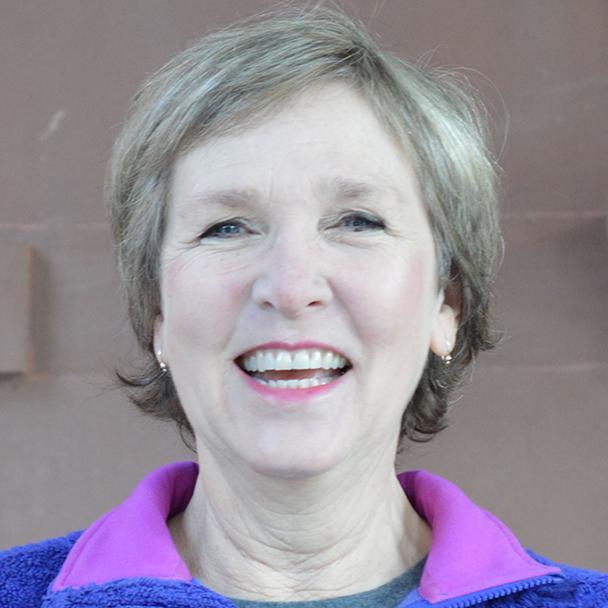
Sally Vance-Trembath
Earlier this year Sally received a Bannan grant from the Ignatian Center to support undergraduate student, Rhiannon Briggs’ project to create a competition where students submit their own art works (poetry and painting) that display Bernard Lonergan's notion of "Appropriation." The project took shape over spring quarter, culminating in a May 20, 2022 release party for a new student publication, a “literary magazine” called Transcendence.

